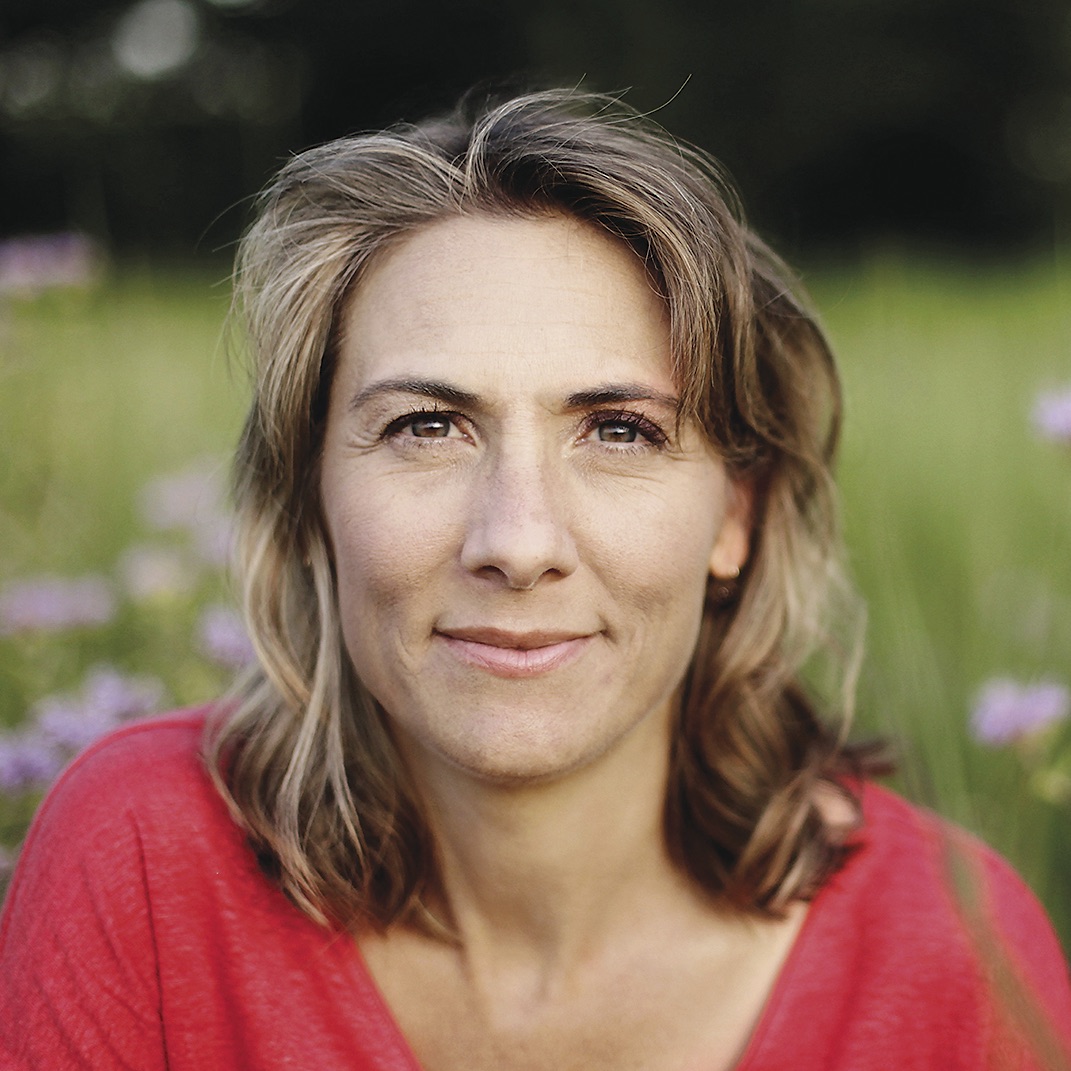About the Author
 Hope Jahren is an award-winning scientist-teacher who has been pursuing independent research in paleobiology since 1996, when she completed her PhD at University of California Berkeley and began teaching and researching first at the Georgia Institute of Technology and then at Johns Hopkins University. She is the recipient of three Fulbright Awards and is one of four scientists, and the only woman, to have been awarded both of the Young Investigator Medals given within the Earth Sciences. She was a tenured professor at the University of Hawaii in Honolulu from 2008 to 2016, where she built the Isotope Geobiology Laboratories, with support from National Science Foundation, the Department of Energy and the National Institutes of Health.
Hope Jahren is an award-winning scientist-teacher who has been pursuing independent research in paleobiology since 1996, when she completed her PhD at University of California Berkeley and began teaching and researching first at the Georgia Institute of Technology and then at Johns Hopkins University. She is the recipient of three Fulbright Awards and is one of four scientists, and the only woman, to have been awarded both of the Young Investigator Medals given within the Earth Sciences. She was a tenured professor at the University of Hawaii in Honolulu from 2008 to 2016, where she built the Isotope Geobiology Laboratories, with support from National Science Foundation, the Department of Energy and the National Institutes of Health.
Hope Jahren is an award-winning scientist-teacher and bestselling author of "Lab Girl," Jahren has been pursuing independent research in paleobiology since 1996. She was recognized by Time magazine in 2016 as one of the 100 most influential people in the world and currently holds the J. Tuzo Wilson professorship at the University of Oslo, Norway.
In addition to being a gifted writer and an award-winning scientist, Jahren has been teaching courses on climate change since 2009. "The Story of More" grew out of a class Jahren was teaching on climate change, and her desire to translate data about the consequences of our population growth on the planet.
The "more" in Jahren’s title points to human habits of consumption and waste, but it also alludes to what "more" we could make of our numbered days on Earth while working toward a more equitable society.
"We wake in the morning and leave our homes and we work, work, work, to keep the great global chain of procurement in place," Jahren writes in a section focused on food waste. "Then we throw 40 percent of everything we just accomplished into the garbage. We can never get those hours back. Our children grow up, our bodies wane, and death comes to claim some of those we love. All the while, we spend our days making things for the purpose of discarding them."